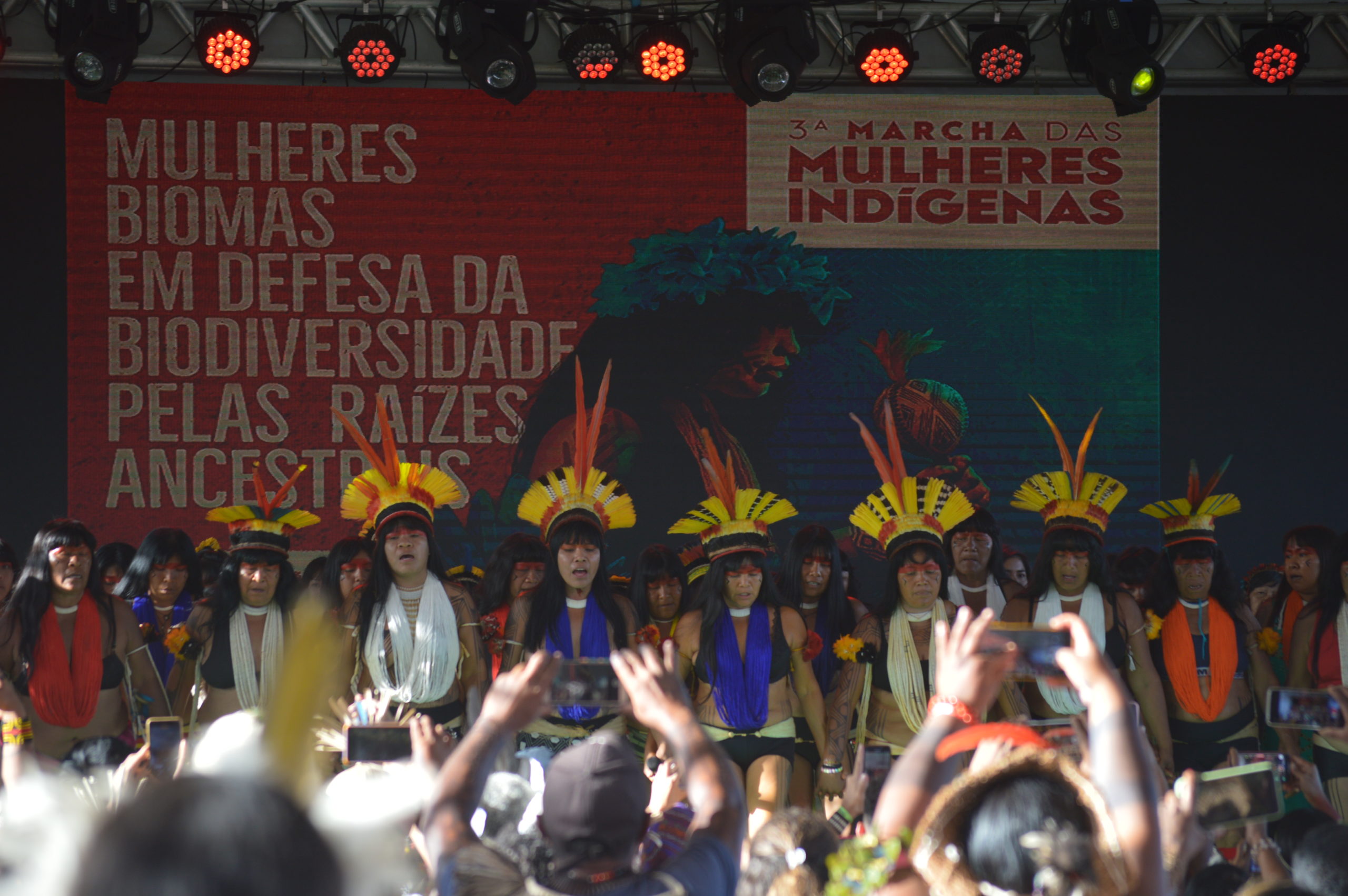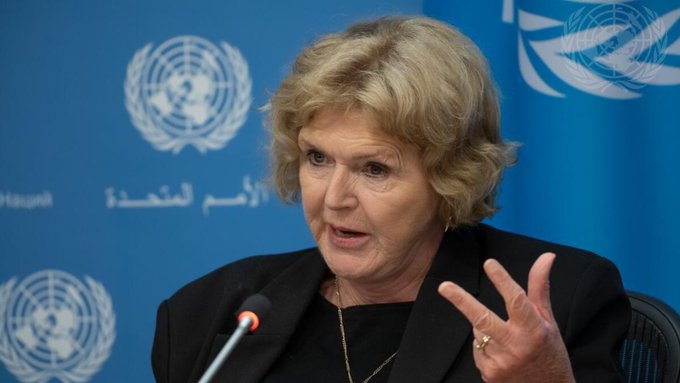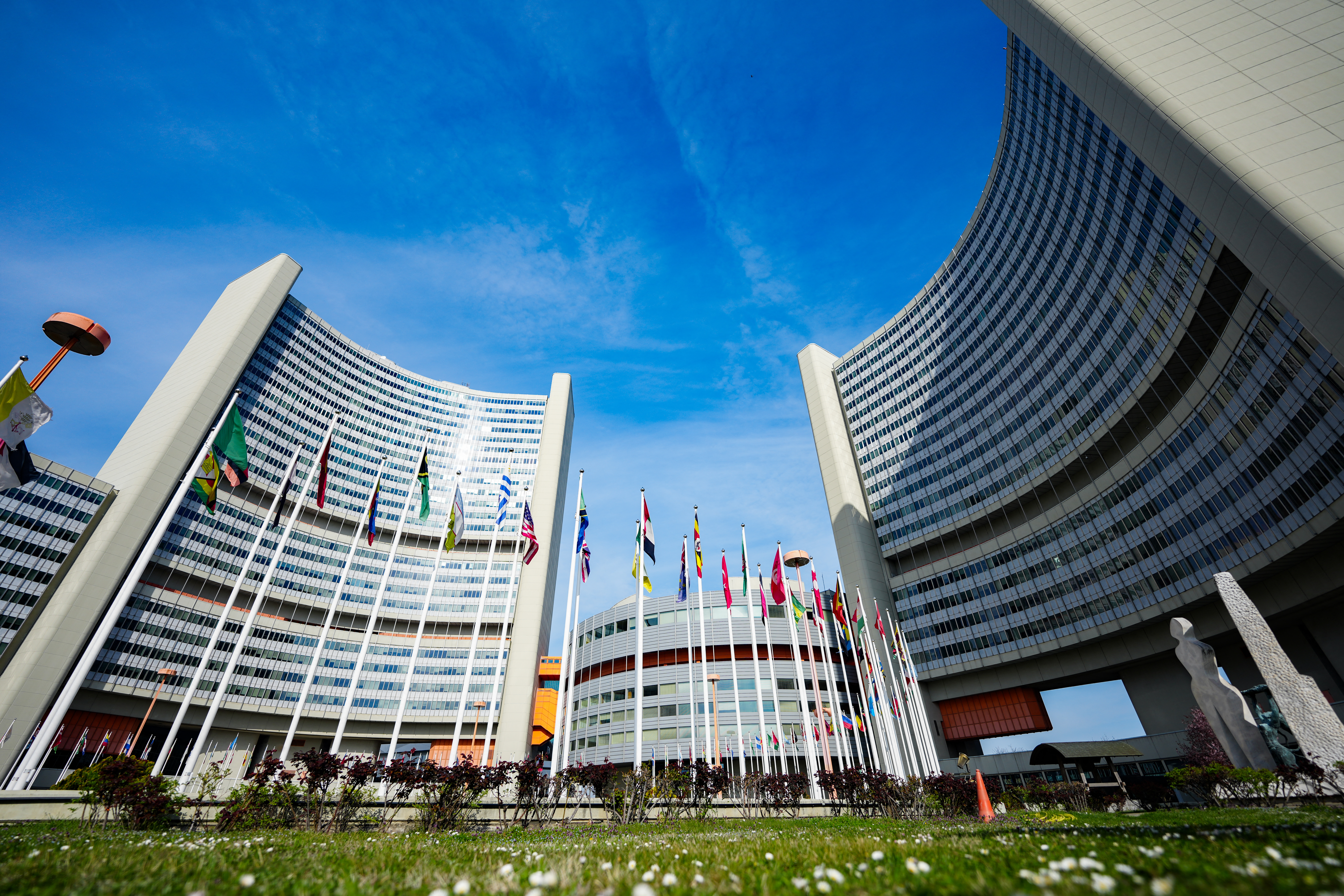Threat to indigenous lands
Review process of World Bank safeguards ends with no firm commitment to the protection of human rights

The World Bank recently completed the review process of its safeguards – rules that aim to ensure respect for the environment and human rights by bank-financed projects.
Over the course of four years of conducting regional consultations on the new safeguards, environmental and human rights organizations mobilized to pressure the bank for an effective commitment to the protection of human rights and to ensure there were no setbacks. In March 2015, Conectas and four other civil society organizations submitted comments to the second draft of the new safeguard policies, asking the bank to include an explicit requirement for the financed projects to respect human rights. However, the final version treats human rights only as a guide to be pursued by the bank.
The “Coalition for Human Rights in Development”, of which Conectas is a member, conducted an analysis of the new safeguards with regard to labor rights, indigenous peoples, the environment, LGBT rights and other groups.
One of the issues that drew the most controversy was the bank’s approach to the right to free, prior and informed consent for indigenous peoples.
Since the start of the process, in 2012, the Brazilian Ministry of Finance, responsible for establishing the country’s official position on the new safeguards, adopted an ambiguous stance on the matter of indigenous rights. Its last official recommendation suggested that free, prior and informed consent should only be required at the implementation stage of the projects.
At odds with its international obligations, the Brazilian position ran counter to the UN Declaration on the Rights of Indigenous Peoples and ILO Convention 169.
Despite the recommendations by Brazil, the final text included rules that recognize the right of indigenous peoples to free, prior and informed consent on bank-financed projects. But it restricted the situations in which it is required and defined consent as the “collective support of the community”, a phrase criticized by indigenous organizations.
“Although watered down, the requirement for consultation of indigenous peoples prevailed. But there is still a lot to be done, since operational guides and other procedures will need to be developed to put the safeguards into practice,” explained Caio Borges, a lawyer from the Business and Human Rights project at Conectas. “We shall also be paying close attention to the future positions of the Brazilian government not only in the World Bank, since this process has the potential to influence others, such as in the BRICS Bank,” he added.
Petition
In the run-up to the approval of the new safeguards, a petition launched by Conectas, ISA (Socioambiental Institute) and International Rivers called for Brazil to review its recommendations and to take a stand against any setback to indigenous rights.
Addressed to the International Affairs Secretary of the Brazilian Ministry of Finance, Luís Antonio Balduino Carneiro, and to the executive director for Brazil at the World Bank, Otaviano Canuto, the petition garnered more than 2,200 signatures from Brazil and another 30 countries.


